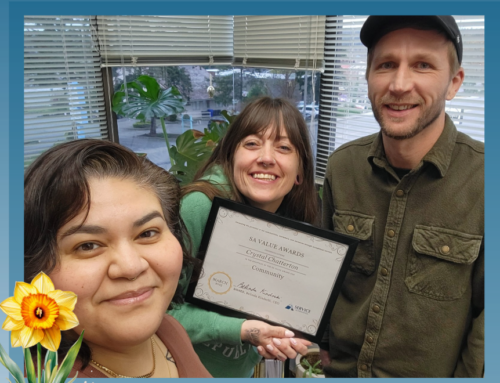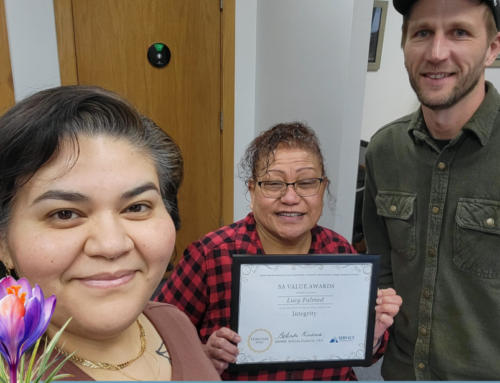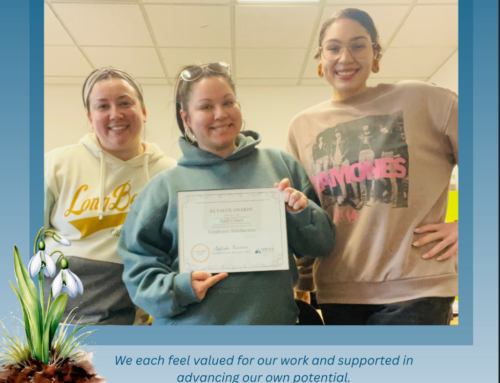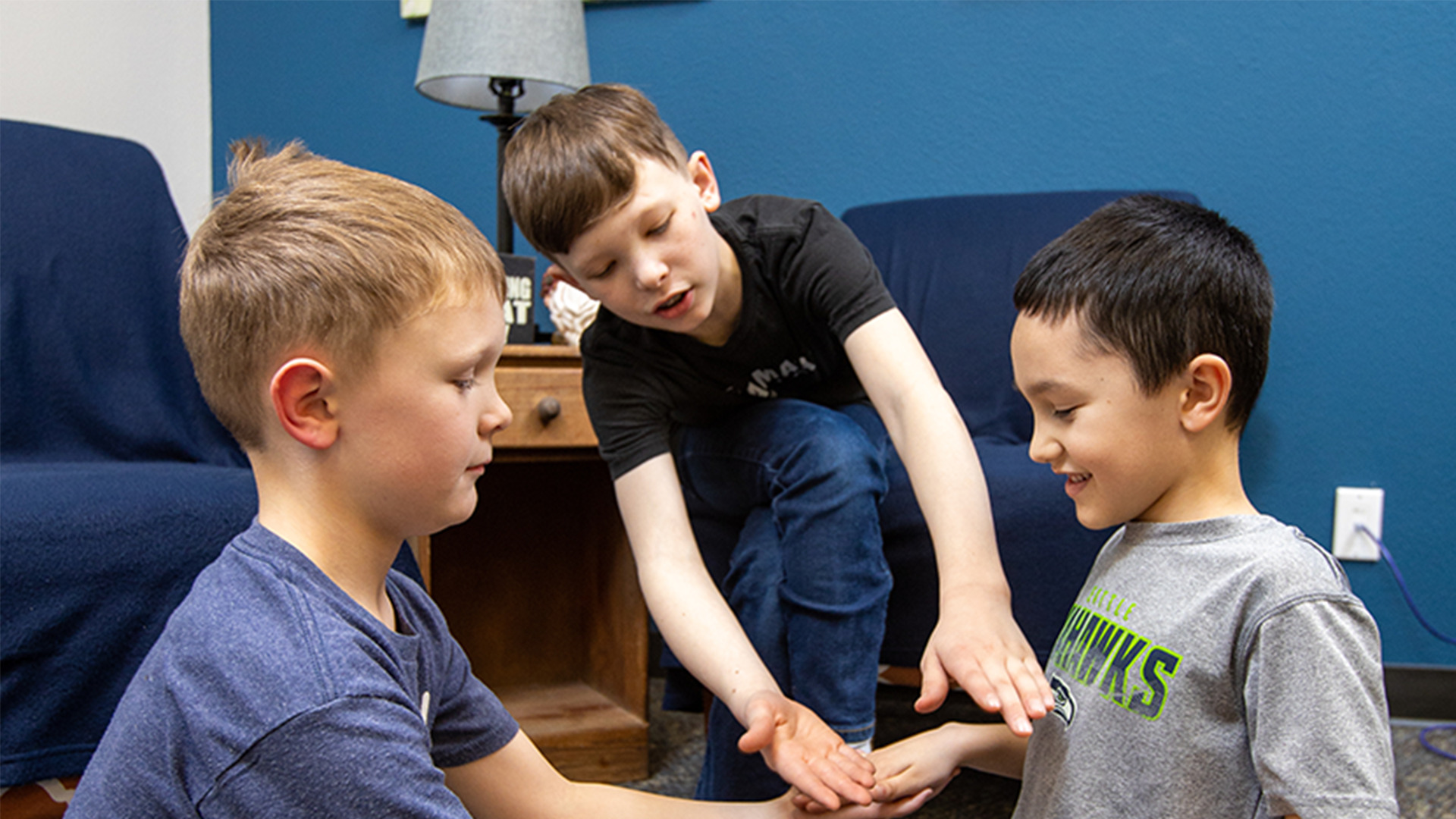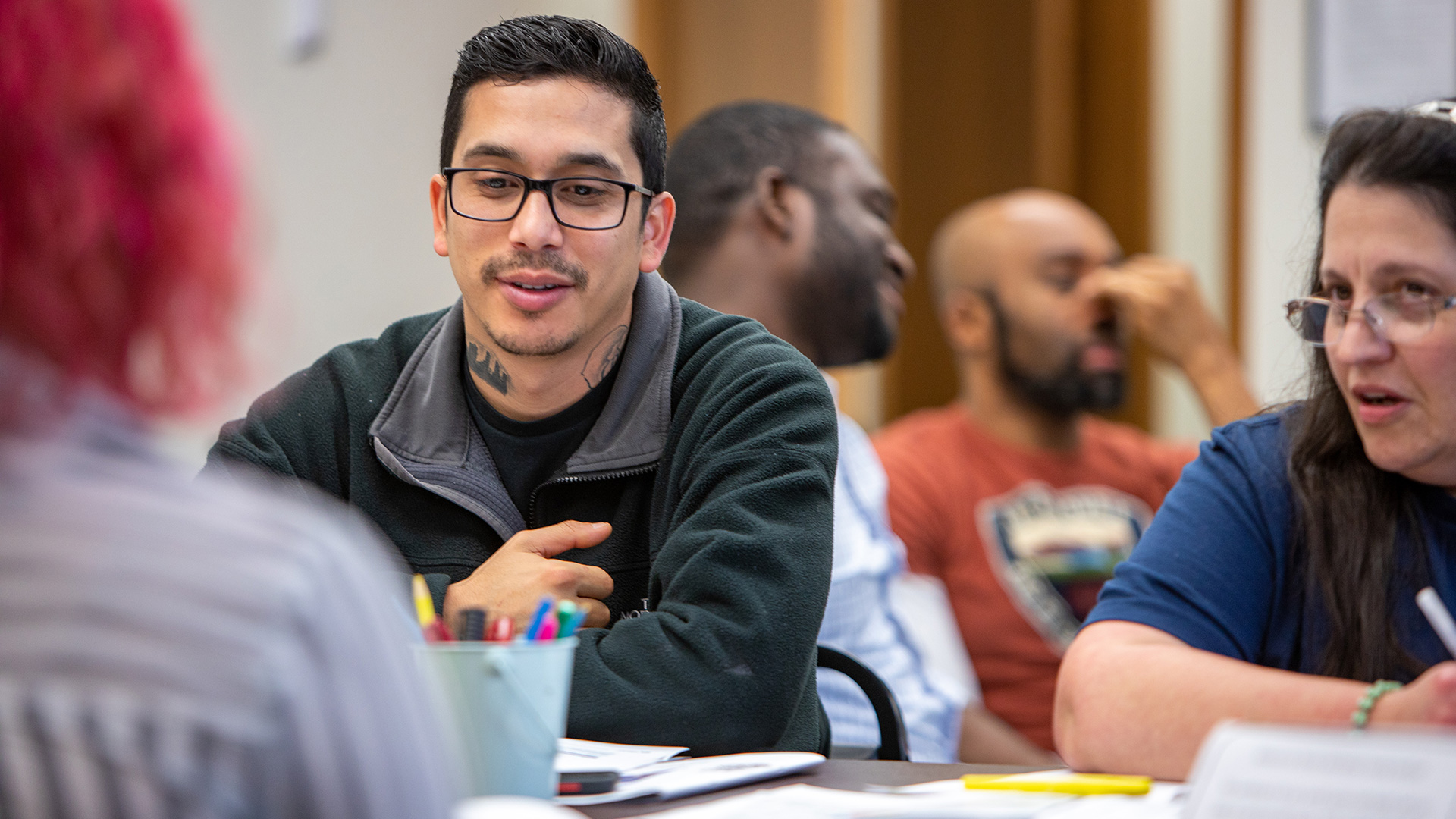The COVID-19 pandemic can feel overwhelming due to new information, long work hours, and everything from protecting and caring for one’s own family to dealing with changes in one’s income and financial situation to managing changing work conditions. As you process the ever-changing information and circumstances, we want to remind you to take care of yourself mentally as well as physically. Along with hand washing, social distancing, and universal precautions, learn to recognize the signs of emotional and mental stress in yourself and in those around you. Significant, ongoing psychological stress can have a negative impact on one’s cognitive, emotional, behavioral, physical and spiritual well-being.
The end of the year can be an important and natural place to take that much needed pause to catch your breath, collect your thoughts, and put some practices in place that will help you rest, enjoy, re-energize, and return to or enhance your own personal needs.
In order to be intentional about guarding our time, energy and life/work balance here are some practices you can implement and put in place immediately.
Breath is the cornerstone of all practices. Breath is free and always available to us and is a way of signaling our bodies to let go, relax, and let calm move in.
5 deep breaths is all it can take to physically shift our bodies and allow the mind to relax. During these breaths, try clearing your mind by simply following the inhale and exhale. One long inhale in, hold, and one long exhale out (repeat). The breath allows us to be less focused on the demands outside of us and more focused on what we are holding inside of us.
Naturally, it is not as simple as just breath and intention. We cannot just decide to shift focus and expect change. We must re-shape our bodies and nervous systems through practicing the “the new way”.
Some practical suggestions:
At Work
- Set manageable goals each day. Being able to meet priorities helps us feel a sense of accomplishment and control. Research shows that the more control we have over our work, the less stressed we get. So be realistic about workloads and deadlines. Make a “to do” list or time block and take care of important tasks first and eliminate nonessential ones. Ask for help when necessary.
- Be efficient with your time at work. When we procrastinate, the task often grows in our minds until it seems insurmountable. When you face a big project at work or home, start by dividing it into smaller tasks. Complete the first one before moving on to the next. Give yourself small rewards upon each completion, whether it’s a five-minute break, stretch, or walk outside . If you feel overwhelmed by routines that seem unnecessary, tell your boss. The less time you spend doing busy work or procrastinating, the more time you can spend productively.
- Take five. Taking a break at work isn’t only acceptable, it’s often encouraged by employers. Small breaks at work—or on any project—will help clear your head, and improve your ability to deal with stress and make good decisions when you jump back in. This is especially important to do in between meetings and other transitions. Be mindful of scheduling back to back meetings so you can gently wrap one thing before moving into another.
- Tune in. Listen to your favorite music at work to foster concentration, reduce stress and anxiety, and stimulate creativity. Studies dating back more than 30 years show the benefits of music in everyday life, including lowered blood pressure. Be sure to wear headphones on the job, and then pump up the volume—and your productivity. Make various playlists for various moods or various energy levels.
- Communicate effectively. Be honest with colleagues and your boss when you feel you’re in a bind. Chances are, you’re not alone. But don’t just complain—suggest practical alternatives. Looking at a situation from someone else’s viewpoint can also reduce your stress.
- Connect with others. Talk with people you miss seeing at the office or in your otherwise “normal” work life. Setup a virtual coffee date or virtual water cooler conversation about any topic from work or your favorite tv show.
- Give yourself a break. No one’s perfect! Allow yourself to be human and just do the best you can.
At Home
- Unplug. The same technology that makes it so easy for workers to do their jobs can also burn us out if we use it 24/7. By all means, make yourself available—especially if you’ve earned the right to “flex” your hours—but recognize the need for personal time, too.
- Take breaks from watching, reading or listening to news stories, including social media. Hearing about the pandemic repeatedly can be upsetting.
- Make time to unwind. Try to do some other activities you enjoy or make space to discover new ones.
- Connect with others. Talk with people you trust about your concerns and how you are feeling.
- Divide and conquer. Make sure responsibilities at home are evenly distributed and clearly outlined—you’ll avoid confusion and problems later.
- Don’t over commit. Do you feel stressed when you just glance at your calendar? If you’re overscheduled with activities, learn to say,” no.” Shed the superman/superwoman urge!
- Get support. Chatting with friends and family can be important to your success at home—or at work—and can even improve your health. People with stronger support systems have more aggressive immune responses to illnesses than those without such support.
- If available, take advantage of your company’s Employee Assistance Program (EAP). There are many resources through EAP which can save you precious time. They provide guidance on issues like where to find a daycare center or caretaking for an elderly parent, as well as referrals to mental health and other services.
- Stay active. Aside from its well-known physical benefits, regular exercise reduces stress, depression and anxiety, and enables people to better cope with adversity, according to researchers. It’ll also boost your immune system. Make time in your schedule for exercise or to take a walk during lunch—and have some fun!
- Treat your body right. Being in good shape physically increases your tolerance to stress and reduces sick days. Eat right, exercise, and get adequate rest. Don’t rely on drugs, alcohol, or cigarettes to cope with stress; they’ll only lead to reliance or challenges in the future. Take those deep breaths, stretch or meditate, and again get plenty of sleep (you just might need a little more in these times than you are used to).
- Get help if you need it. Don’t let stress stand in the way of your health and happiness. If you are persistently overwhelmed, it may be time to seek help from a mental health professional. Asking for help is not a sign of weakness—taking care of yourself is a sign of strength.




